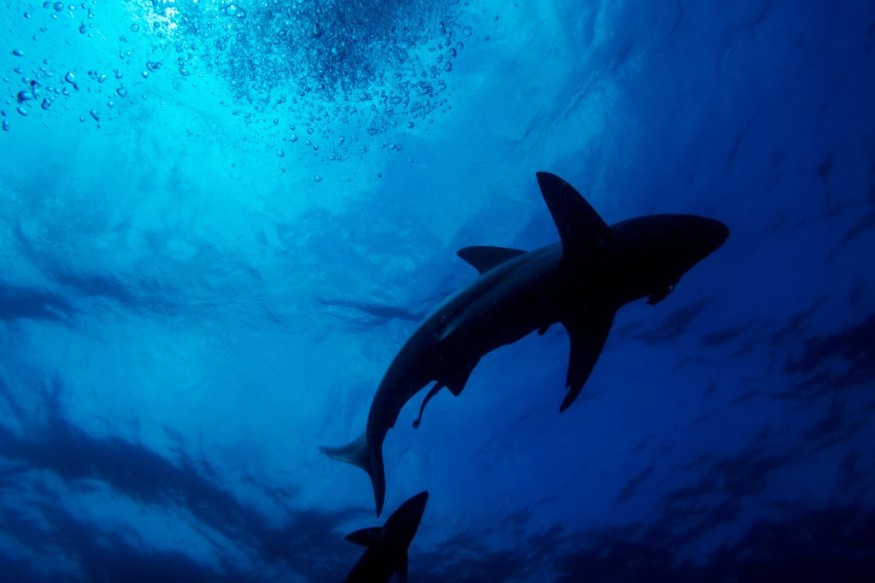A 10-year-old child from Maryland is lucky to be alive after being mauled in a shark tank at a Bahamas resort. The event occurred on Monday, just before 4 p.m. local time at a resort on Paradise Island.
According to a press release from the Royal Bahamas Police Force, the unnamed child was bitten on his right leg while "participating in an expedition in a shark tank at a local resort."
Shark Attack in Bahamas

#rbpfpressrelease #rbpfnews pic.twitter.com/euGv8Tye59
— Royal Bahamas Police Force (@RBPFPolice) January 16, 2024
He was taken to a hospital for treatment of his injuries and is now in a stable condition. The investigation into this occurrence is ongoing. It's unclear whether the child was with his family at the time of the incident. The 10-year-old shark attack occurred just one month after a Massachusetts lady was killed while vacationing in the Bahamas.
Lauren Erickson Van Wart, 44, was paddleboarding with a male relative less than a mile off the western edge of New Providence Island when she was bitten by a shark, police said.
Van Wart was given CPR, but she had sustained major injuries to the right side of her body, especially the upper hip region and her right upper limb.
The Bahamas is home to between 30 and 40 shark species, with the Caribbean reef shark, bull shark, tiger shark, and black tip shark having the highest bite frequency, according to Gavin Naylor, program director of the International Shark Attack File in Florida.
Read Also : Great White Shark Makes Mexican Diver Its Buffet, Making It The First Fatal Shark Attack of 2023
Curious And Confused
Shark attacks are uncommon in the United States, and fatalities are very rare. Eight shark encounters were reported in Hawaii in 2023, with only one fatality.
The Florida Museum of Natural History's International Shark Attack File analyzed 108 purported shark-human contacts globally in 2022, confirming 57 unprovoked bites and 32 provoked bites.
"It is extremely unlikely for swimmers and surfers to be bitten by - or even encounter - sharks," Lauren Gaches, director of public affairs for NOAA Fisheries
According to the National Oceanic and Atmospheric Administration (NOAA), sharks have been known to attack humans when they are confused or curious.
"If a shark sees a human splashing in the water, it may try to investigate, leading to an accidental attack. Still, sharks have more to fear from humans than we do of them," NOAA said.
Only a dozen of the more than 300 shark species have attacked humans. Sharks developed millions of years before people existed, so humans are not part of their natural diet.
Sharks are opportunistic feeders; however, most sharks eat smaller fish and invertebrates. Some of the larger shark species hunt seals, sea lions, and other marine mammals. Experts say the best strategy during a shark attack is to remain cool and defend yourself.
Maintain eye contact with the shark and stab at its nose, gills, and eyes with a hard instrument or your hands. If you see the shark before an attack, position yourself to prevent being bitten on the neck or face. Work to get out of the water as soon as possible, but don't turn back and swim.
© 2025 NatureWorldNews.com All rights reserved. Do not reproduce without permission.





